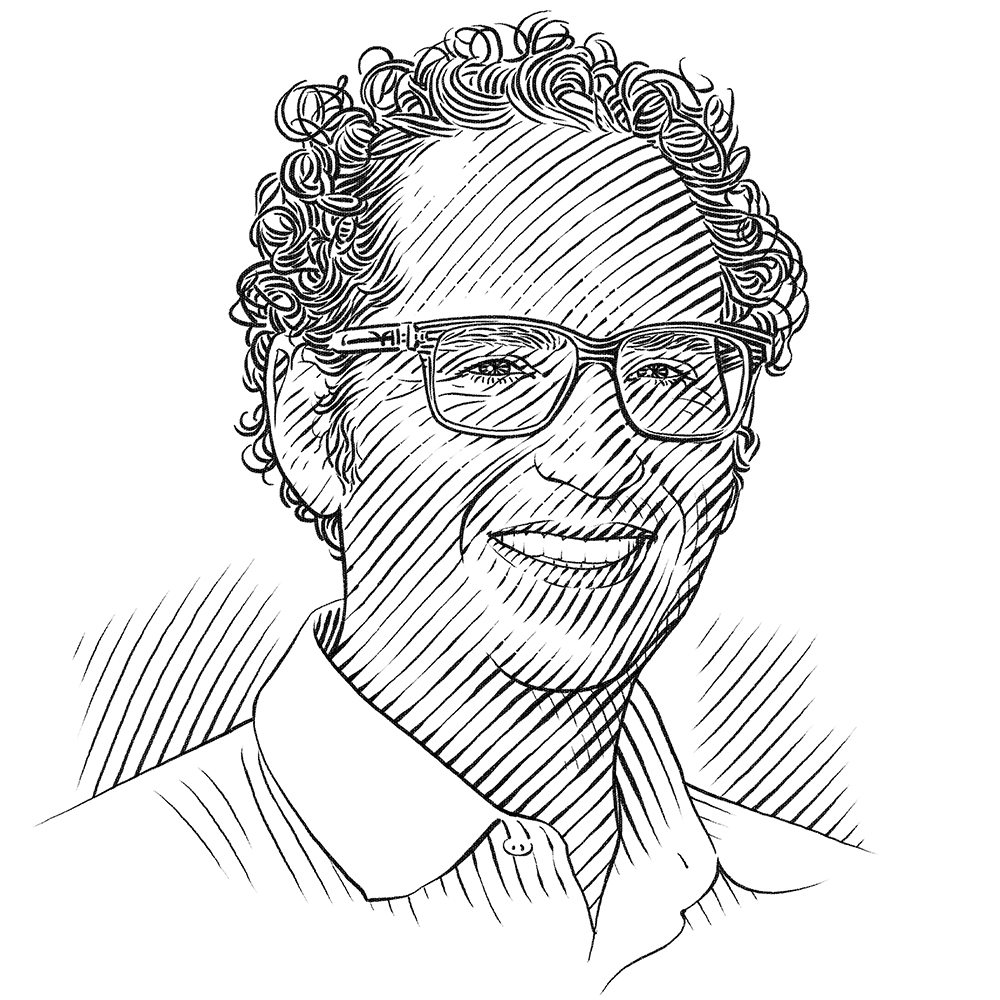Project Leader
Neil Hammerschlag

Who I am
I’m a marine ecologist based in Miami, Florida. My research centres broadly on the behavioural ecology, conservation biology and movement ecology of marine predators, especially sharks. I was born in South Africa, where my passion for the ocean first began, but my family emigrated to Canada when I was young and I spent most of my childhood there. Graduate school eventually brought me to Florida and I have lived and worked here ever since. From a young age, I was exposed to the ocean and its wonderful creatures through family vacations to the beach that inspired me to become a marine scientist. I studied at the University of Toronto for my undergraduate degree in biology and became fascinated by behavioural ecology. All my school breaks were spent volunteering for different marine research organisations so that I could get experience in this field of science. I had the fortunate opportunity to study the behavioural ecology of a variety of species, but after being exposed to shark research and learning about the conservation needs of these animals, I was ‘hooked’ and decided to make them a focus of my future research.Where I work
Miami is a great place to work since the ocean is my backyard. In particular, the coast around South Florida is a mosaic of habitats ranging from pristine, mangrove-lined shorelines to skyscraper-dominated beach fronts. There are many different species of sharks in these habitats and they provide great opportunities to investigate our research questions on how coastal urbanisation impacts their behaviour and health.What I do
Coastal marine habitats are some of the most ecologically and socio-economically important ecosystems on the planet. Coastal development and urban sprawl are major threats to these ecosystems, yet the extent to which increasing human activities in coastal areas, such as pollution and habitat modifications, impact the marine species living there is poorly understood. This is especially true in the case of predators such as sharks. There is thus a need to investigate how urbanisation impacts the behaviour and health of sharks and how aspects of urbanisation can be managed to protect sharks while maintaining socio-economic growth. Our team will be conducting surveys off Miami to understand how coastal urbanisation affects the movement, feeding behaviour and physical and mental health of two common coastal species, bull sharks and blacktip sharks. We will use various tools to accomplish this research. First, we will be going out on boats to several areas around Miami to find, capture and sample blacktip and bull sharks. We will catch them with special shark fishing gear that puts minimal stress on the animals. Once a shark has been caught, we will measure it, attach a small transmitter tag to it and take a small blood sample for laboratory analysis, then quickly release it back into the wild. The transmitter will enable us to track the shark’s movements in and out of urban areas. We can evaluate each shark’s health by measuring how ‘fat’ it is as well as by assessing its energy store, hormone levels and immune function from its blood sample. Finally, we can gain insights into shark feeding patterns by analysing the chemical signatures in the blood.My project
Project
See project and more news
